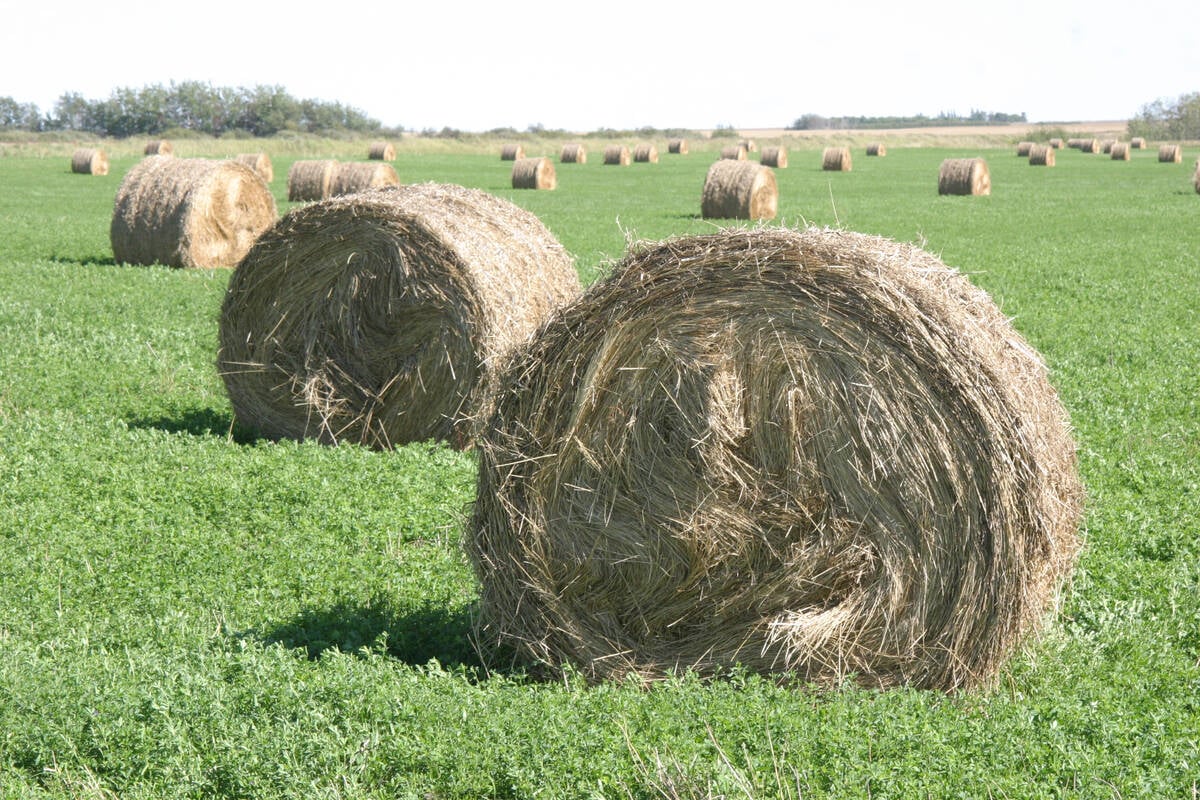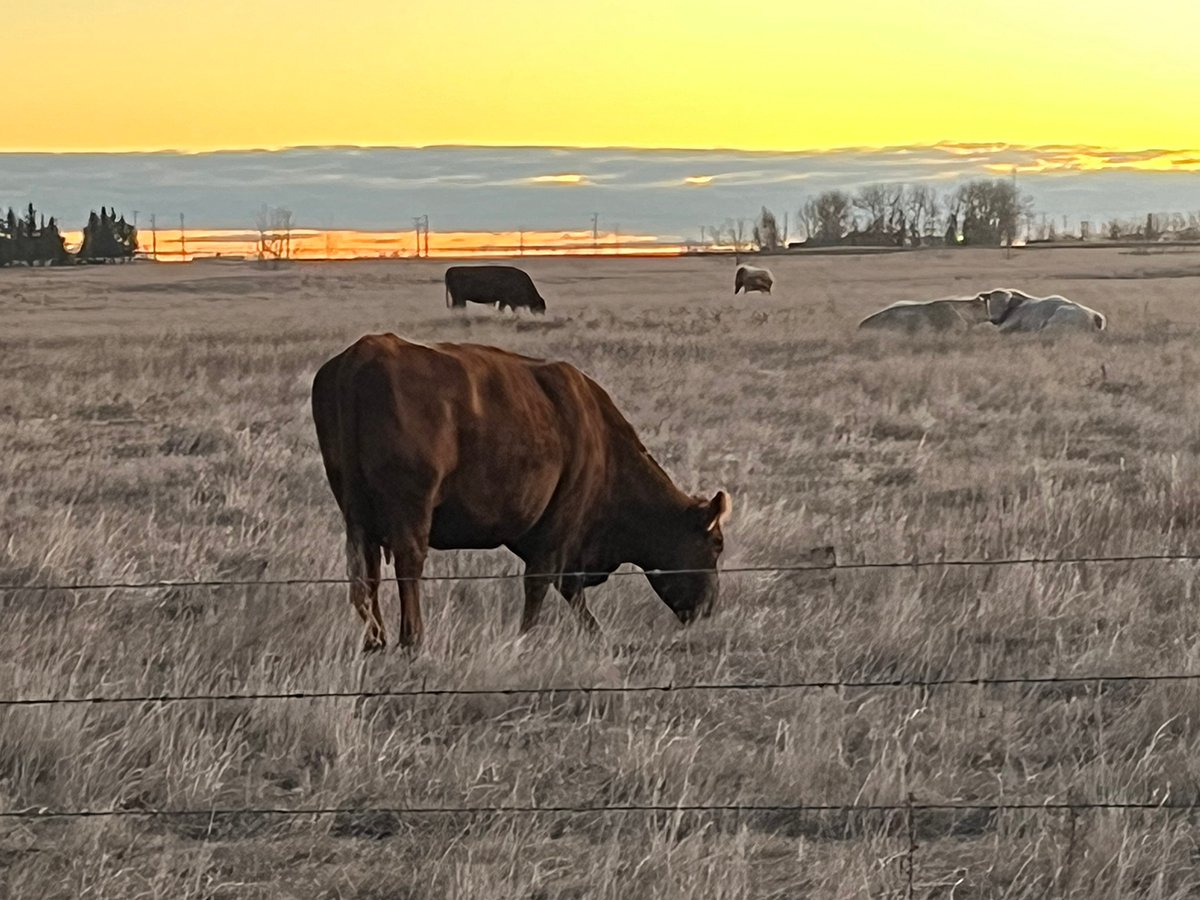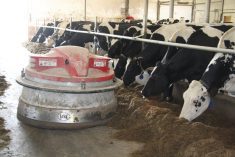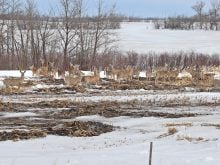REGINA — The Saskatchewan government is looking for a new agency to handle animal welfare after Animal Protection Services of Saskatchewan decided not to renew its contract next year.
The non-profit corporation had dealt with animal cruelty and neglect complaints on farms and in communities since it took over from the Saskatchewan SPCA’s investigative division in 2015. It enforced the Animal Protection Act in several high-profile cases involving cattle and companion animals, resulting in convictions.
Why it Matters: Animal welfare is tied to farm livelihood, environmental sustainability and societal values. Poor practices can result in disease and death.
Read Also

Breaking down successful winter feeding into six steps
It’s that time of year when it is important to start planning for a cow herd’s winter feeding program. Here are six steps I think are necessary to consider when getting your feed tested.
APSS served the entire province, except for the City of Regina, where the Regina Humane Society provided enforcement, and will do so until March 31, 2026. It did not return requests for more information about its decision.
The news that APSS would not continue in its current role came as the province announced that legislative amendments would be introduced during this legislative sitting.
Provincial chief veterinary officer Stephanie Smith said the amendments will broaden the government’s options on how it delivers animal welfare enforcement. This includes who delivers it, how the government oversees it and making sure it is consistent among enforcement agencies.
“It really has, up until this point, been written in a way that is very very strictly limited to who can deliver animal welfare enforcement,” she said in an interview.
“We know we have changes in this province with our law enforcement agencies, so we don’t want to paint ourselves into a corner.”
The Saskatchewan Marshals Service has been phasing in its services, and those will include dealing with animal neglect or cruelty complaints.
Smith said delivery has to be consistent, transparent and accountable among all agencies.
The amendments will also help streamline processes for agencies that are enforcing the legislation. She said that includes enhancing the ability to relieve animals in distress and dealing with hurdles and mitigating delays through investigations.
A code of conduct for animal protection officers will help create the consistency, she said.
Smith said APSS was made aware of the changes the government wants to make and agreed to help with the transition to the new provider.
A request for proposals will go out publicly as soon as possible, Smith said.
According to APSS statistics, most complaints are about companion animals, such as dogs and cats. On the livestock side, there were some large cattle seizures within the last 10 years, but Smith said most complaints are related to horses.
Animal protection officers have noted that human mental health issues often play a role in situations of neglect or cruelty.
Smith couldn’t say whether that will be a component of the new provider’s duties.
“It’s really important to me that we’re going to find the right balance of the prosecution versus support and education,” she said.
Prosecution can be a significant deterrent but doesn’t necessarily lead to the best outcome for both the animals and humans involved, she said.
Financial challenges and environmental issues can stress people, and adding animals to the mix can make things even more stressful.
“But I don’t necessarily know that just removing someone’s livelihood or taking them to court is going to fix everything,” Smith said.
“It’s a challenging space.”
Some advocate for the addition of a social worker to the investigation team. Smith said it is legally not possible right now to have people on both the human health and animal sides at the same place at the same time.
“We’ve had an inter-agency task team that’s been working on this for years,” she said.
“But it is a real challenge from a legislative perspective.”
That team continues to work on how best to address this, and Smith said she is advocating for those conversations at the national level, too.
“As much as there’s legislative barriers, I know that we’re going to do better if we can start out with, how do we deal with the animal and the human in the same boat,” she said.
The province said it has invested more than $6.5 million in animal welfare enforcement in the last three years.
















